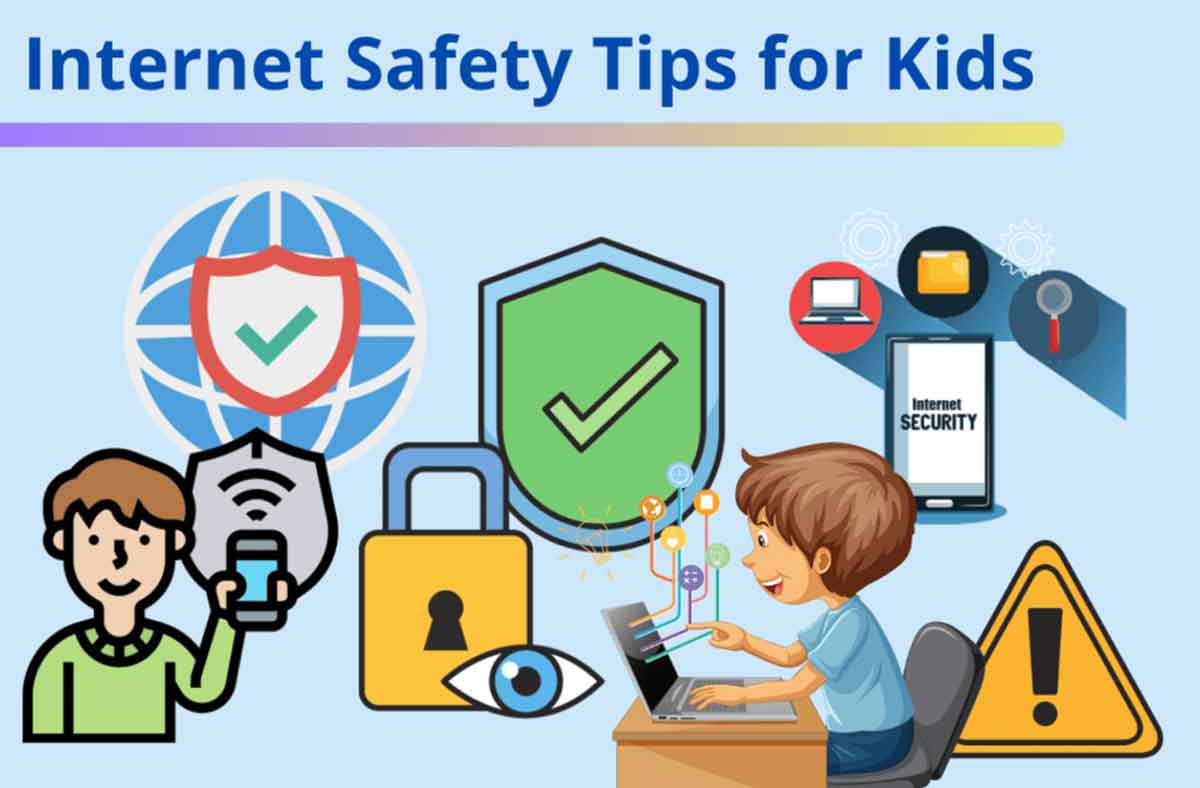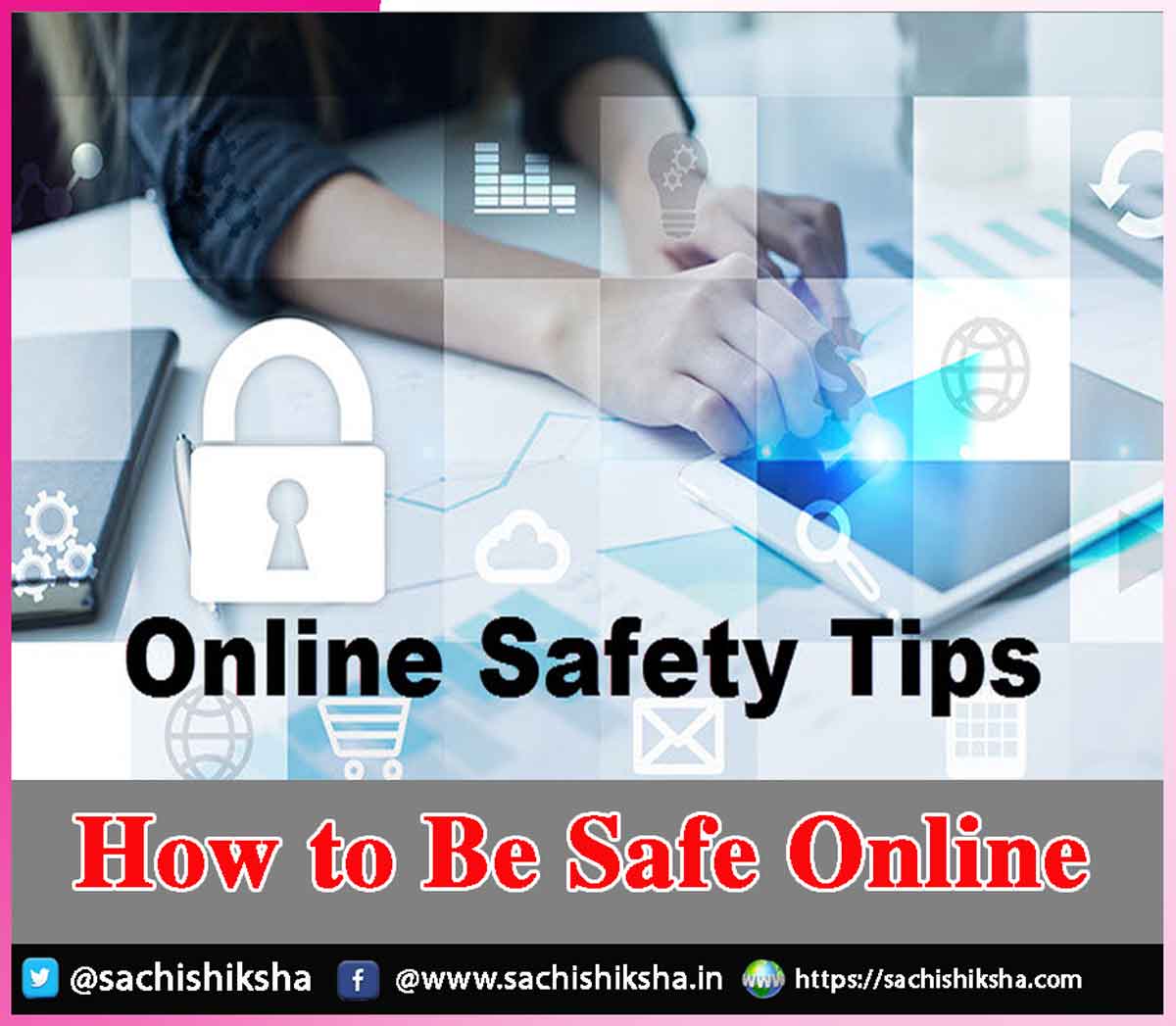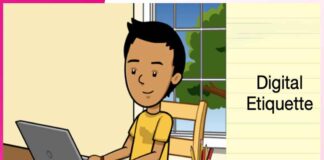How to Be Safe Online
Introduction: The internet is a powerful tool, it connects us with people, information, and opportunities from around the world. But just like any tool, it must be used with care. Being online exposes us to risks such as scams, cyberbully, identity theft, and privacy breaches. By following simple but effective safety practices, we can protect ourselves while still enjoying the benefits of the digital world.
Table of Contents
Protect Your Personal Information

Use Strong and Unique Passwords
A strong password is your first line of defense. Create passwords that are at least 12 characters long and combine uppercase and lowercase letters, numbers, and symbols. Avoid obvious choices like “123456” or “password.” Use a different password for each account, this way, if one account is compromised, others remain safe. A password manager can help store and generate secure passwords so you don’t have to remember them all.
Enable Two-Factor Authentication (2FA)
Two-factor authentication adds an extra layer of security. Even if someone steals your password, they can’t access your account without a second verification step, usually a code sent to your phone or email. Enable 2FA on important accounts like email, banking, and social media.
Be Aware of Scams and Phishing
Phishing is when scammers pretend to be trustworthy sources, like your bank or a delivery service, to trick you into giving away personal information. They might send emails, text messages, or even create fake websites that look real. Be cautious about clicking on links or downloading attachments from unknown sources. Always verify the sender before responding, and when in doubt, contact the company directly through official channels.
Keep Your Devices Updated
Cybercriminals often exploit outdated software to access systems. Regularly update your computer, smartphone, and apps to patch security vulnerabilities. Turn on automatic updates if possible so you don’t forget.
Use Secure Networks
Public Wi-Fi networks, like those in cafes or airports, are convenient but not always safe. Hackers can intercept data sent over unsecured networks. If you must use public Wi-Fi, avoid logging into sensitive accounts or making financial transactions. A Virtual Private Network (VPN) can help encrypt your connection for extra protection.
Think Before You Post
Everything you share online leaves a digital footprint. Once posted, it can be copied, shared, or taken out of context. Before posting, ask yourself: Would I be comfortable if my family, employer, or future self saw this? Practicing caution now can prevent regrets later.
Protect Against Cyberbully
If you encounter harassment or threats online, block the offender, save evidence, and report the incident to the platform. Never respond in anger, it can escalate the situation. If it becomes serious, involve trusted adults or law enforcement.
Use Reliable Security Software
Antivirus and anti-malware programs help protect your devices from harmful software. Keep them updated and run scans regularly. While no software can stop every threat, it greatly reduces your risk.
Educate Yourself Continuously
Online threats evolve quickly, so staying informed is essential. Follow trusted cybersecurity blogs, attend awareness workshops, or read safety tips from organizations like CERT-In (Indian Computer Emergency Response Team).
Conclusion
Being safe online is about awareness and caution, not fear. By protecting personal information, being mindful of suspicious activity, and staying updated on security practices, we can enjoy the internet with confidence. The digital world is full of opportunities, but it’s our responsibility to use it wisely and securely.















































